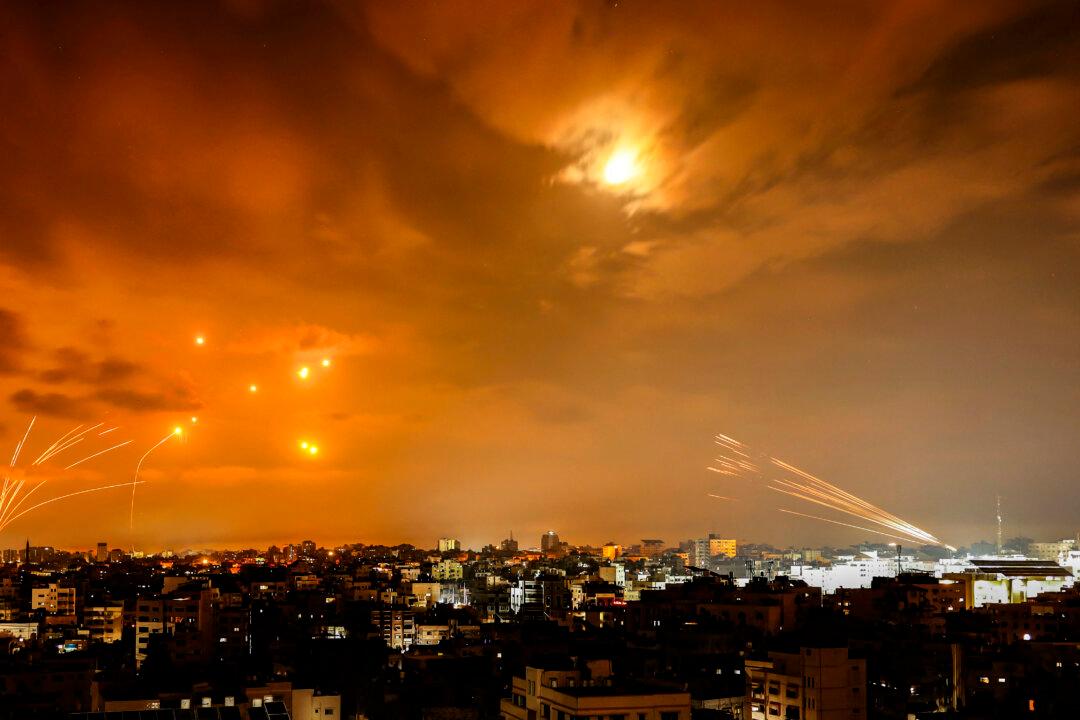The Hamas terrorist organization seeks to ignite an international conflict that will draw increased Islamist violence against Israel, according to one expert.
One of Hamas’ goals when it launched its largest-ever attack on Israel last week was to ensure a provocative response, said Joshua Krasna, a senior fellow at the Foreign Policy Research Institute think tank (FPRI).




